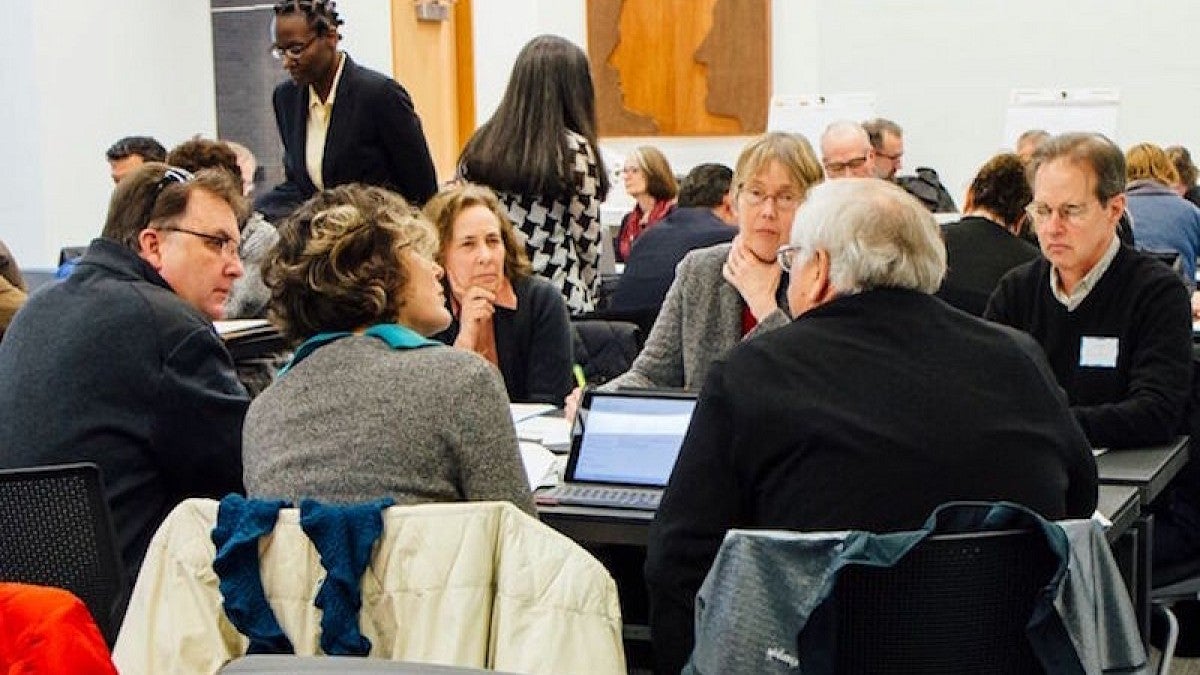The University of Oregon continues to work toward building a more equitable and inclusive environment through the efforts of schools, units and individuals across campus to create and implement individual diversity action plans.
In April, each UO school, college and administrative unit submitted a diversity action plan in line with President Michael H. Schill’s priorities and the IDEAL Framework of inclusion, diversity, evaluation, achievement and leadership.
All of the diversity action plans have now been reviewed by the academic and administrative review teams with input from the University Senate. Over half of the plans were promising and contained realistic and innovative ideas and action plans. About half needed some refinement and elaboration.
Other plans were nearly ready for implementation and included best practices, specific details, measurable tactics, solid evaluation plans and necessary identified resources, while a handful of the units need further guidance and support to revise their plans.
Plans included a variety of creative and innovative ideas, from new internship and outreach programs to hiring and retention initiatives, restructuring of committee work, reworking of policies, reallocating resources in more equitable and inclusive ways, aligning programs with promising practices, improving and enhancing departmental climate and expanding traditional notions of diversity.
Yvette Alex-Assensoh, vice president for equity and inclusion, was enthusiastic about where the UO is in the process and the dedication and attention shown by so many for the first versions of the diversity action plans.
“We feel so encouraged and energized by the work that has been done by so many across campus,” Alex-Assensoh said. “We look forward to our next steps this summer when each unit will have the opportunity to refine and enhance their plans and we are able to offer sessions for unit leaders in response to requests we’ve received for information on a variety of subjects, including data and legal issues and use of terminology.”
In addition to Alex-Assensoh, the review teams consisted of:
- Karen Ford, divisional dean of humanities and special advisor to the provost
- Gordon Hall, Division of Equity and Inclusion
- Mariann Hyland, assistant vice provost
- Melanie Muenzer, associate vice president for academic administration and chief of staff
- Kevin Marbury, interim vice president for student life
- Angela Wilhelms, secretary of the university
- Steve Robinson, assistant vice president and chief of staff, student services and enrollment management
- Jamie Moffitt, vice president of finance and administration and chief financial officer
- Bill Harbaugh and Chris Sinclair, University Senate contributors
The process will also include collaboration and input from the general counsel, finance and administration, faculty and staff unions, community partners and student leadership.
After each unit receives individualized attention this summer, they will have time in the fall to revise and submit updated plans. Summaries of the revised diversity action plans will be shared publically to allow groups to learn from each other and be accountable to their proposals.
Implementation, which some units have already begun, and public sharing of individual plans with the university will occur during the 2017-18 academic year.
—By tova stabin, University Communications


